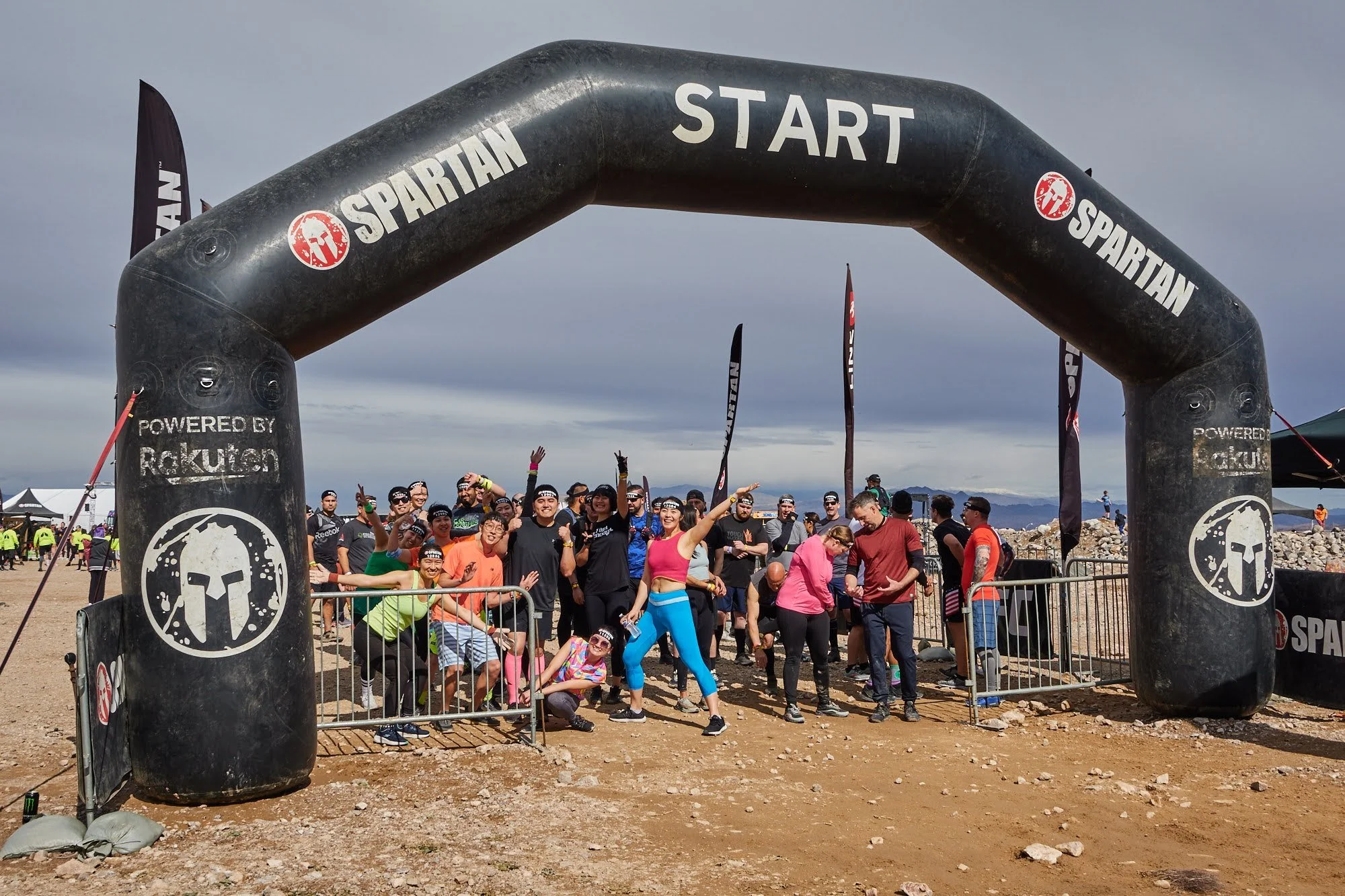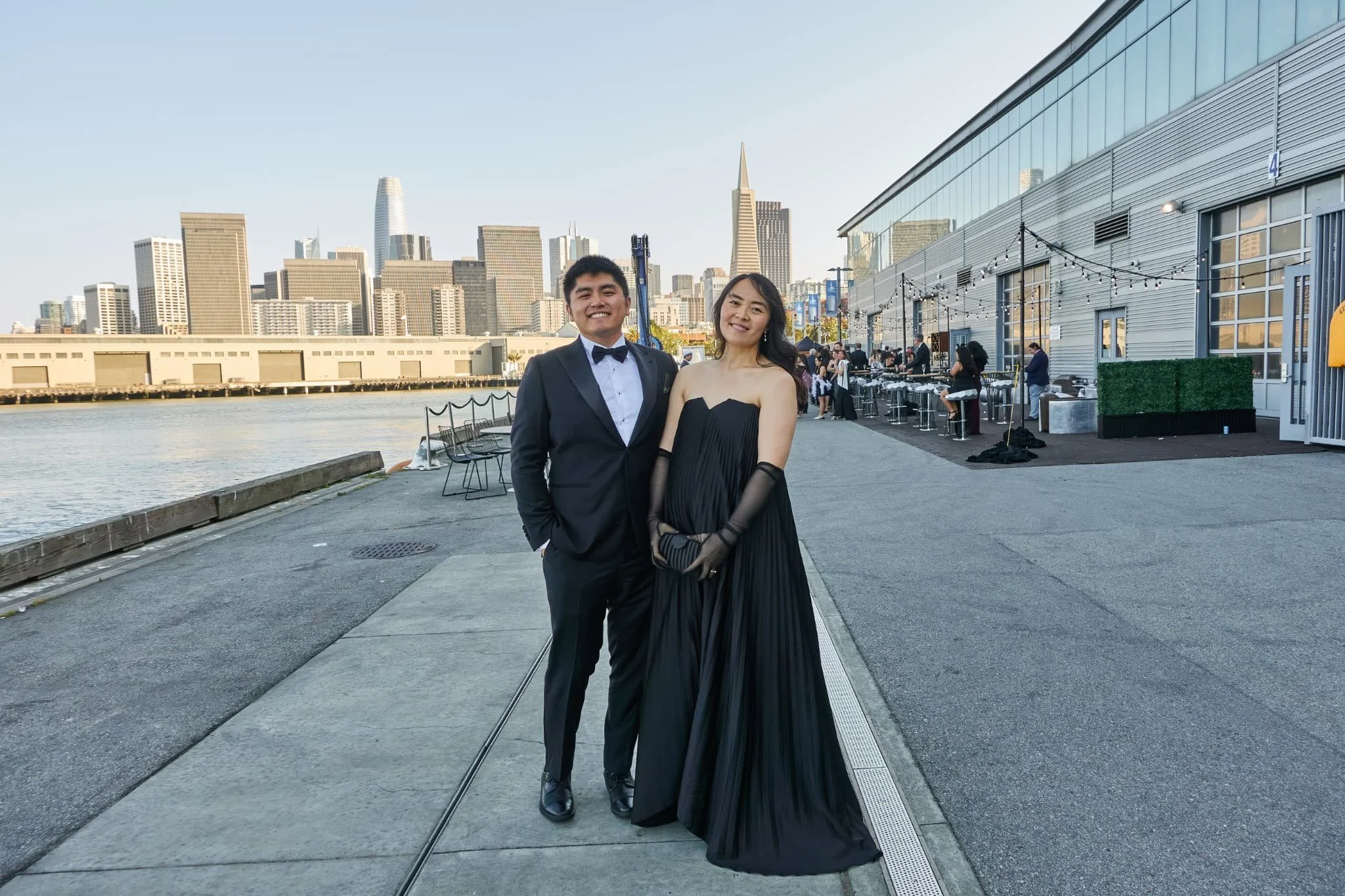Die with Zero
Checking off my bucket list and living out my dreams way before retirement age.
With my money diversified in over a dozen sources, between high-yield savings accounts, the stock market, real estate, and retirement funds, I’m a big advocate for personal finance education and planning. However, I’m always thinking about maximizing retirement funds and minimizing taxes, and nearly not enough about how to spend that money.
Recently I read the book Die with Zero by Bill Perkins, which opened my eyes about trading money for something of real value: life’s moments. The concept of the book encourages spending your money intentionally while you’re still alive to maximize life experiences. Essentially, die with empty pockets.
His points, summarized:
The fable of “The Ant and the Grasshopper” can be used to describe people who work hard towards the future and people who prioritize enjoying the present. Perkins argues the ants could learn a thing or two from the grasshoppers of the world.
Don’t just save for retirement. At that age, the main thing you’ll be retiring on will be your memories. Memories are all we got at the end of life.
Though not good financial investments, experiences pay memory dividends. It’s worth living a life rich in experiences, adventures, memories. “Buying an experience doesn’t just buy you the experience itself. It also buys you the sum of all the dividends that experience will bring for the rest of your life,” he argues.
Factors that affect your ability to enjoy life are time, money, and health — with health being biggest compounder.
Perkins advises time-bucketing your desired experiences into decades. Front-load physically demanding activities while your health is good, and work your way through the decades.
Plan to retire, or at least wind down work, around age 45-60 range and start spending down my nest egg. It’s important to have an actual age in mind that fits your situation rather than following the traditional social security age. Otherwise you won’t make it to zero by the end of your life.
“The business of life is the acquisition of memories.”
Money is a taboo subject, but we should all talk about it more. For example, I don’t believe in the outdated method of frugally saving money the way our parents or grandparents did. For them, it’s always about saving every penny, so much so they don’t even know how to spend it anymore. (They’re definitely the ants in the story.) This is why I’m skeptical about extreme lifestyle movements like FIRE, because working hard and sacrificing enjoyment now is a slippery slope into doing so forever. I see my parents approaching their 60s, and even though they’ll have more time upon retirement, they have less and less to spend money on now that health is declining. It’s too late.
I also don’t believe in helping your kids save for their retirement (OBBB Child Tax Credit, I’m talking about you). If you want to gift them money, do so when they need it most, not when they themselves have already hit retirement age. The American economy encourages deferring your dreams until retirement by locking your money away for decades, which may not be in your best interest depending on life’s circumstances.
I know I come from a place of privilege to even be thinking about these things but it’s important to take a step back and assess the difference in my lifestyle now as a 30-year-old. When I was 20, the only plan was to make money however I can in order to afford my next meal or two. And so I traded my time (and health) for money. But ten years later, money isn’t the most important thing anymore. I may not be a multi-millionaire hedge fund businessman, but I do agree with Bill Perkins that the best days of our lives are now, not later. So how would my actions shift accordingly?
What I plan to do
Continue investing in my health as a non-negotiable. Buying real whole foods and spending on gym memberships will pay dividends for health down the road. I think the best gift you can give to your grandkids is your health.
Continue investing in big once-in-a-lifetime experiences (like trips) that pay the memory dividend, starting with places we won’t have the health to visit when we get older. In the last few years, I’m glad to have “splurged” on experiences like our wedding, vacations, Broadway shows, and tools/gear that support my ongoing hobbies. Looking ahead at the big picture, my travel bucket list prioritizes more adventurous destinations in my 30s, and experiences like cruises after retirement.
Continue documenting those trips through photos and videos in a way that can easily be revisited or rewatched. I invest in camera equipment and work hard to preserve these memories, and it brings me happiness to watch them back and reflect on the fulfilling life I’ve lived so far.
Don’t just default to saving as much as possible. Have a plan and goals for my savings. Stop putting so much money into my retirement. There’s no need to max out even the optional Roth strategies when I could be using that money now.
Treat my parents and in-laws to experiences (like vacations), or time-saving conveniences (like housecleaners).
Prepare to gift my kids their inheritance for two stages in their lives: college and the 25-35 year old range when they most need it (for wedding, house downpayment, becoming new parents, etc). This was the approach my parents took with me and it’s helped me get ahead during a critical time.
Intentionally make time to spend more time with our kid(s) this next decade, because experiences will be better gifts than money. This means biting the bullet and trading money for time (via household help and professional services ).
Money will always come, but life is meant to be lived now.




















I may not be rich, but I do agree that the best days of our lives are now, not later.